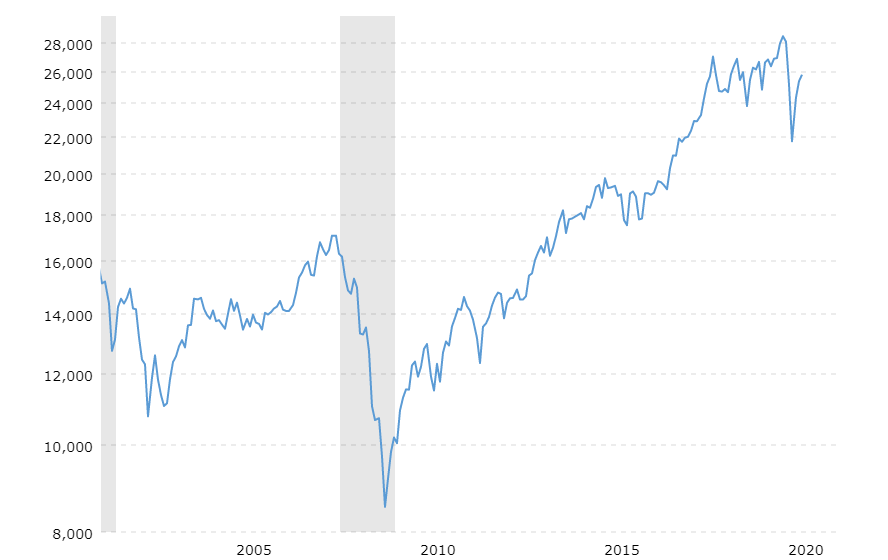Speaking about finances with others can be very daunting. It may be a taboo in your culture, you may not feel like you know enough about it, and you don't want to embarrass yourself. Words such as money, wealth, financial independence surface many emotions in people, including many negative emotions. This might apply to you to, and it is important to dig deeper into why you feel like this.
Money and emotions is a HUGE topic and we encourage you to do your own research about it as well and to find out your existing attitudes to money and wealth.
As a start, here are our responses to some of the most common negative responses we have experienced from others when we talk about finances. What other responses have you received? Leave a comment below or email us and we will get back to you (hello@financesisters.com).
To recap the main points:
- Investing in the stock market can involve buying high risk as well as low risk assets
- Historically the stock market has performed very well when investing in the long term over at least 20 years
- You only lose money when you sell and "lock in your losses"
Actions for you to consider next:
- Think about your own attitude towards wealth, money, financial independence. How does thinking about these make you feel and what could that mean for your investment approach?
- Test your risk towards investing, there are many online tools that do this. We are testing the best ones for you as we speak.
- Visit Macrotrends and play around with the different graphs they have to see the stock market returns over the years.
"Investing in the stock market is gambling. You will lose all of your money"
The stock market involves a certain amount of risk, which means that you risk losing your money. However if you look at historical returns, you will see that your money, invested in the right way, will grow.
There are lots of different ways in which to invest in the stock market, and some are more risky than others. You can choose to invest in a way that matches your risk profile, including in very low risk products that will also give you a lower return as well. Many people adjust their portfolio over time to hold less risky assets as they get older, partly because they do not want to be exposed to market fluctuations (like the latest coronavirus crash).
We will tackle this topic in more detail in the future, and for now it is enough to say that the Finance Sisters reduce our risk by investing in a very diversified portfolio, which spreads the risk across the entire market. We do not invest in individual company shares, as to do this requires a lot of knowledge about the company, and we simply do not want to invest the time in this. We believe that we can make good returns by investing in broad ETFs. You can also diversify by investing in different asset classes, for example by holding bonds, real estate, precious metals like gold etc (there are EFTs for that as well).
Another thing to mention here is that the risk of losing your money is reduced if you are investing in the very long term. Look at the chart below, this is how well the stock market has performed in the last 20 years, despite a big financial crash in 2008 and the latest crash related to the corona virus.
Lastly, something worth mentioning here is that you only lose money when you sell! This needs to be explained more but as long as you don't sell your shares, you will not have lost any money. Only by selling do you "lock in the losses". Something else to consider here: many people buy shares when the market is crashing because they think they are making a good deal.
In the graph below you can see that the market is very volatile in the short term, but it increases steadily when looking at the long term (20 years in the picture below). The grey bar in the picture shows the stock market crash in 2008 due to the Global Financial Crisis. The market eventually recovere
Financial terms alert.... we use some terms here that you may not be familiar with. Please look them up on places like investopedia.com if you don't understand them. As we are just starting out with the blog we cannot cover them here now but we will strive to do so in the future.


